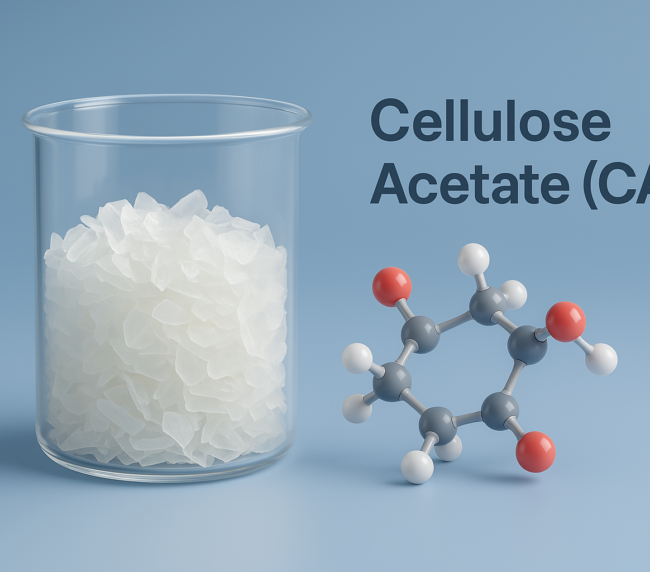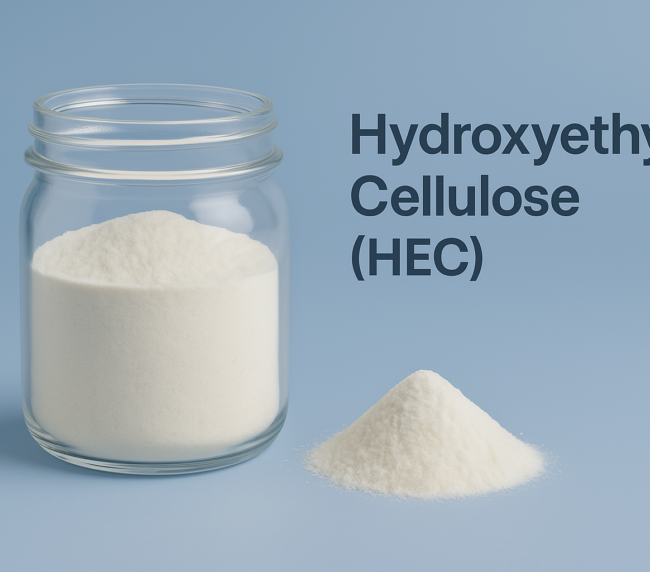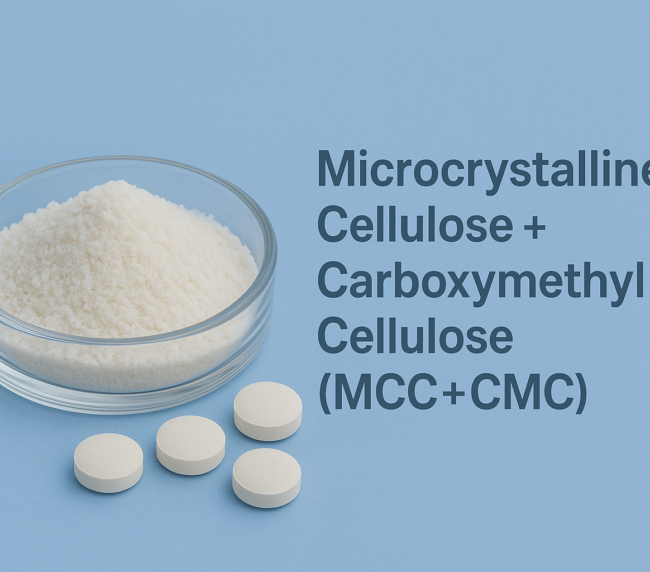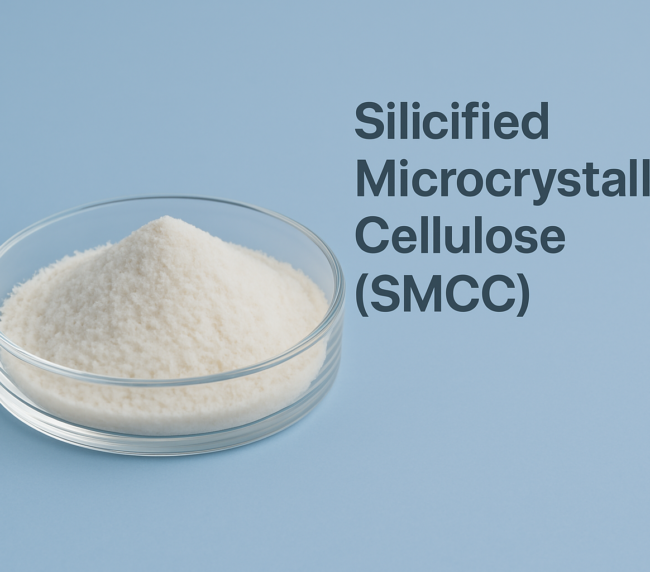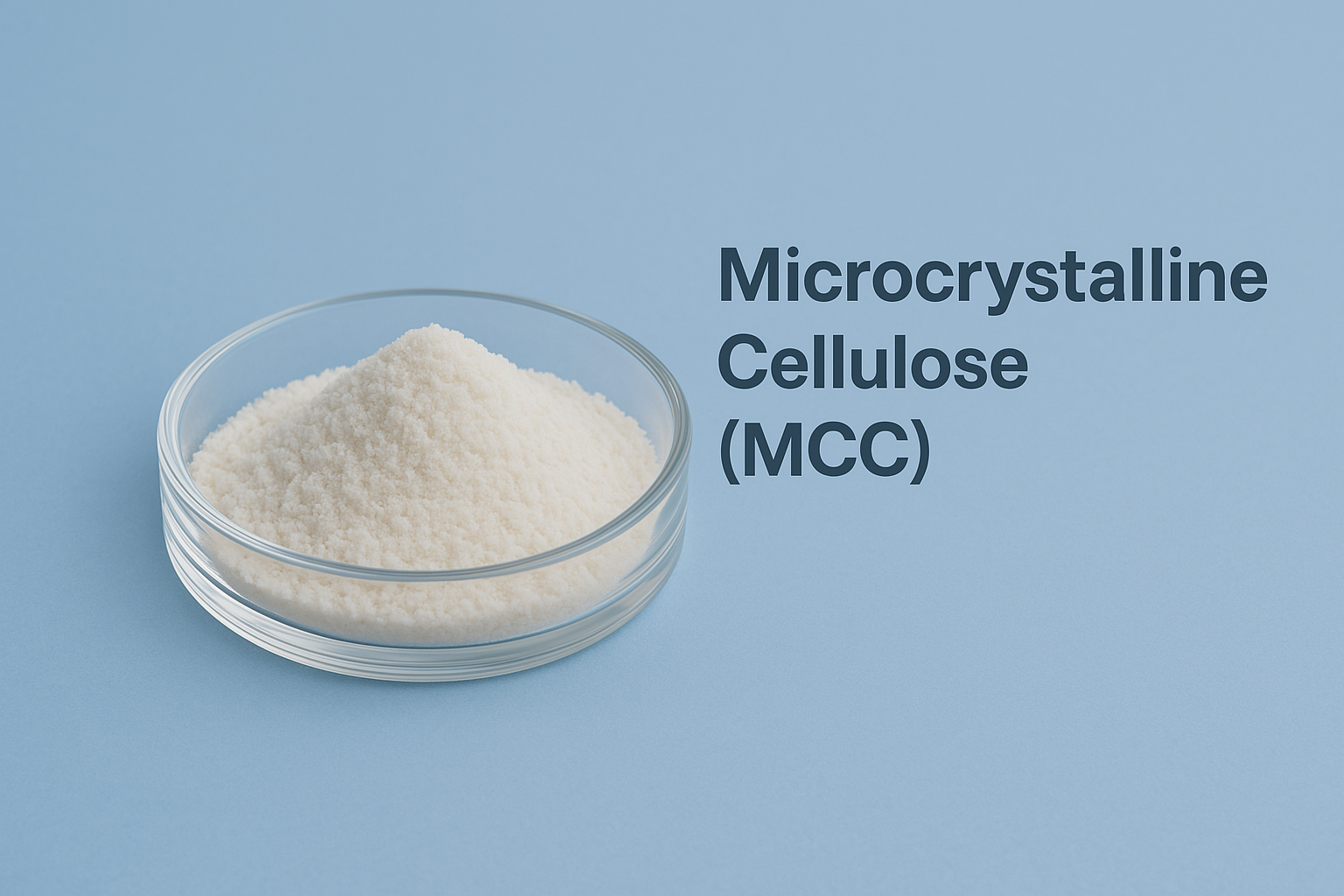
Microcrystalline Cellulose (MCC): A Multi-Functional Pharmaceutical & Nutraceutical Excipient.
Microcrystalline cellulose (MCC) is one of the most extensively used excipients across pharmaceutical, nutraceutical, food, and cosmetic industries. Recognized for its exceptional binding and diluting properties, MCC plays a vital role in the development of solid oral dosage forms such as tablets, capsules, granules, and powders
Derived through the controlled hydrolysis of cellulose, MCC is known for its excellent compressibility, making it ideal for direct compression tablet manufacturing. Its uniform particle size distribution enhances flowability, ensuring consistency in tablet weight and drug content uniformity during production. Additionally, MCC exhibits strong mechanical properties that promote tablet integrity while maintaining rapid disintegration, thereby supporting improved bioavailability and drug release.
Chemical Name and CAS Registry Number :- Cellulose [9004-34-6]
Functional Category :- Adsorbent; suspending agent; tablet and capsule diluent; tablet disintegrant.

